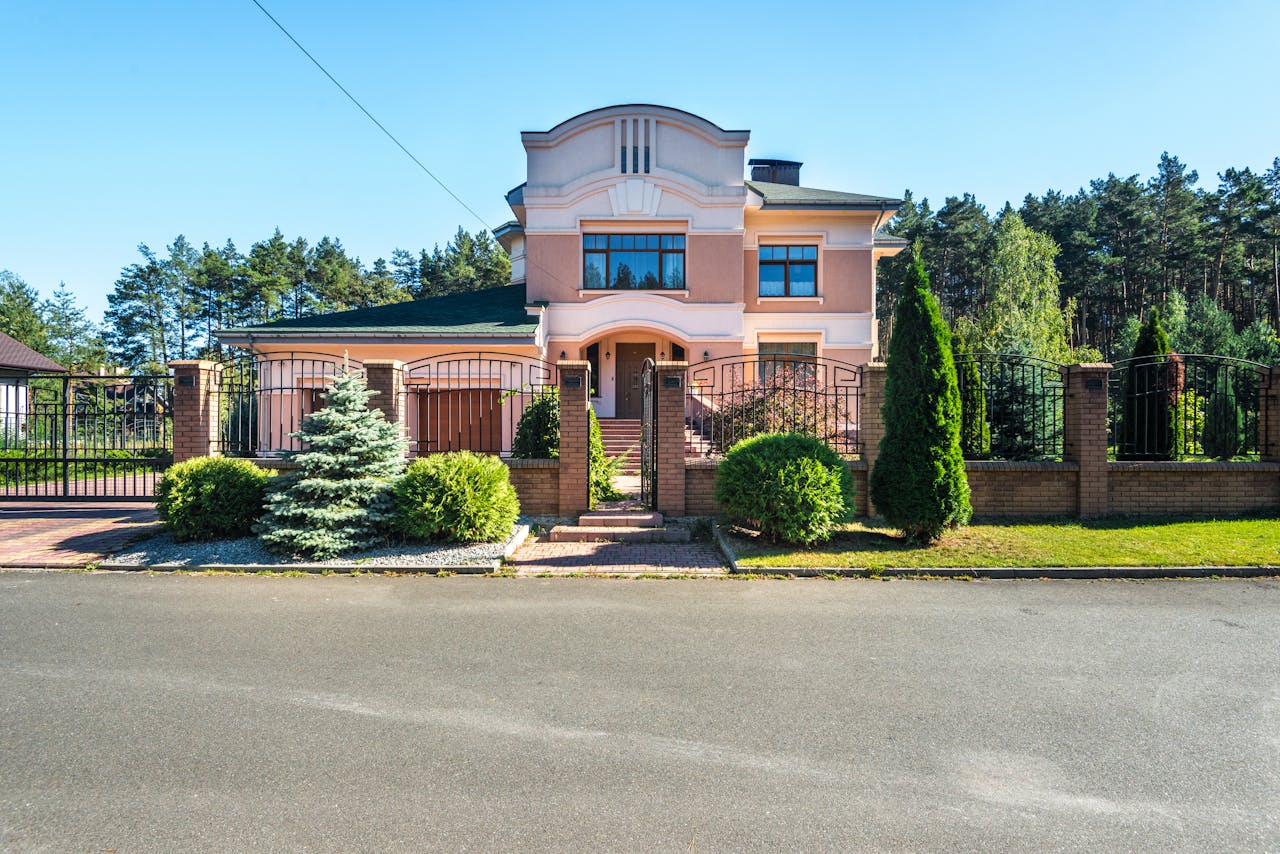House hacking could be a good fit for you. Just make sure you fully understand all the pros and cons of this strategy before you start incorporating it into your broader real estate investing vision. Continue reading →
Millions of people are interested in real estate investing, but they may not have the knowledge of how to get started or the resources necessary to fund their initial acquisitions. One possible solution to this is a strategy known as “house hacking,” which allows conventional homebuyers to turn their primary residence into something rentable.


But how exactly does this work? And is house hacking right for you?
House hacking is a general term referring to any number of strategies that allow you to make money off of your primary residence home. The most common approach is to purchase a multifamily home with multiple units so that you and your family can live in one unit and rent out the other units to tenants. This way, you’ll be able to generate passive income without getting bogged down by the demands of real estate portfolio management or getting lost in the weeds of due diligence for new acquisitions.
With property management company, the process is even easier, as your property managers will take care of most landlord responsibilities on your behalf. They’ll take care of things like property marketing, tenant screening and onboarding, rent collection, and even repairs. As long as you have a decent stream of income, they’re typically worth the extra money.
Note that you can also practice house hacking by renting out a room, temporarily renting your property, or renting aspects of your property in more novel ways.
No matter what your approach is, these are some of the greatest advantages of house hacking:
This is going to be your property and your primary residence, so you’ll have total and immediate control over it from the outset. Many people pursue house hacking because they’re already interested in purchasing a primary residence for themselves; this is just a way of augmenting that decision so that it serves multiple goals simultaneously.
Interest rates for primary residences tend to be lower than interest rates for investors. Accordingly, you can usually score a better deal on a loan by purchasing a property that’s going to function as a primary residence, even if you’re also going to be renting out another part of it.
Similarly, if this is going to be your home, you’ll likely have access to a broader range of financing options. Depending on your income and special statuses, you may qualify for even lower interest rates.
It’s likely that a typical mortgage would eat up between quarter and a third of your gross monthly income. But if you’re house hacking, you can typically mitigate these costs, or even eliminate them. For example, you might have a $1,500 monthly mortgage payment, but if you rent out another unit of your house for $1,300 a month, you’ll only be responsible for $200 of monthly obligations by default (though keep in mind that you’ll still be responsible for paying for ongoing upkeep expenses and dealing with vacancies when they occur).
Some investors love the idea of house hacking because it puts them in the middle of the action. If a tenant has a problem, you’ll be there to solve it. If there is an emergency in the middle of the night, you might even be aware of it before your tenant is. It’s highly convenient to live onsite.
House hacking is also a convenient onramp to real estate investing more broadly. It’s a relatively simple, accessible form of real estate investing that allows you to take advantage of your existing need for a primary residence. Once you spend ample time generating passive income, you should be able to accumulate enough savings to fund your next real estate portfolio acquisition.
That said, there are some downsides of house hacking as well:
Properties more suitable to house hacking are understandably more expensive than their counterparts. Accordingly, practicing house hacking demands more of an upfront investment than certain alternatives.
Broadly speaking, competition is good thing to have in the real estate market. But at the ground level, it can be really annoying. Lots of people are interested in house hacking, including seasoned real estate investors and first-time home buyers, as well as everyone in between. This can push the prices of good house hacking properties up and make it more difficult to secure a transaction.
While there are certainly advantages to living on the premises, there are also some downsides to this arrangement. If your neighbors know that you’re the landlord, they might be more likely to bug you with ongoing issues – or worse, they may become resentful of you. This can present some complications to your living situation.
Not every property worth living in is suitable for house hacking. If you pursue house hacking, you’ll be artificially constraining your range of purchasing options.
If you’re interested in getting involved in real estate investing and you’re not sure where to start, house hacking could be a good fit for you. Just make sure you fully understand all the pros and cons of this strategy before you start incorporating it into your broader real estate investing vision.
When you’re ready to upgrade, trusted vendors like ServerMonkey have your back with tested, enterprise-grade…
The best VPS rental choice depends on your specific needs and technical capabilities. Ukrainian companies…
Mental health practice management software supports therapy, privacy, and billing. OBGYN EMR tracks pregnancies, labs,…
Internal Medicine EHR systems manage broad care needs. Mental health practice management software keeps records…
Oncology clinics that use Oncology RCM, Oncology Practice Management Software and Pediatric EHR provide safer…
y implementing these best practices, you can improve the efficiency and reliability of your international…